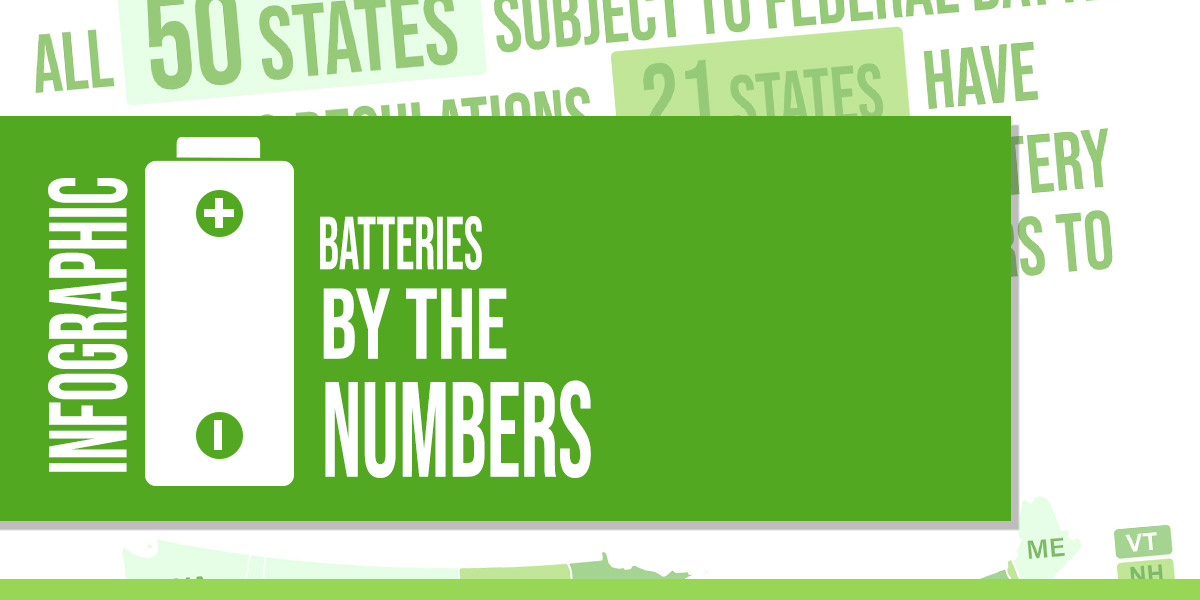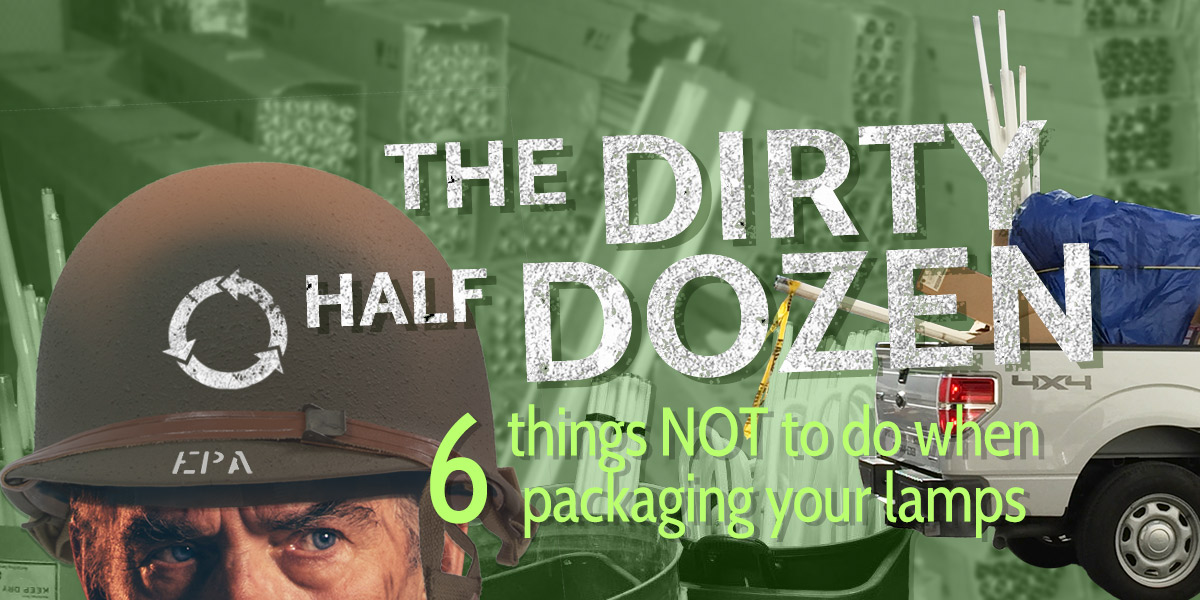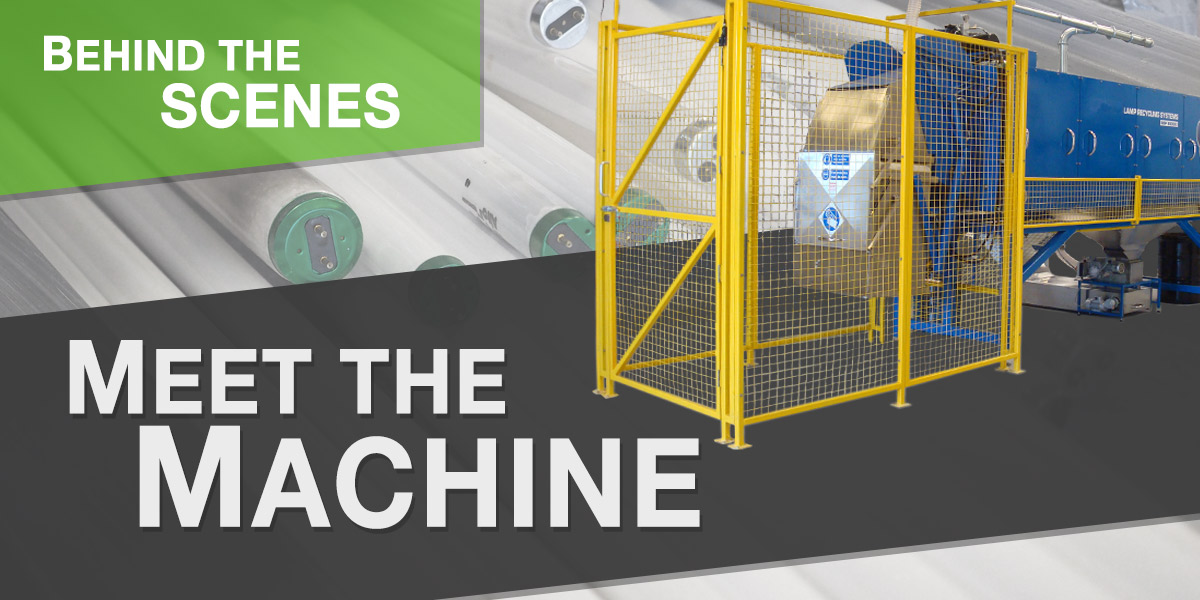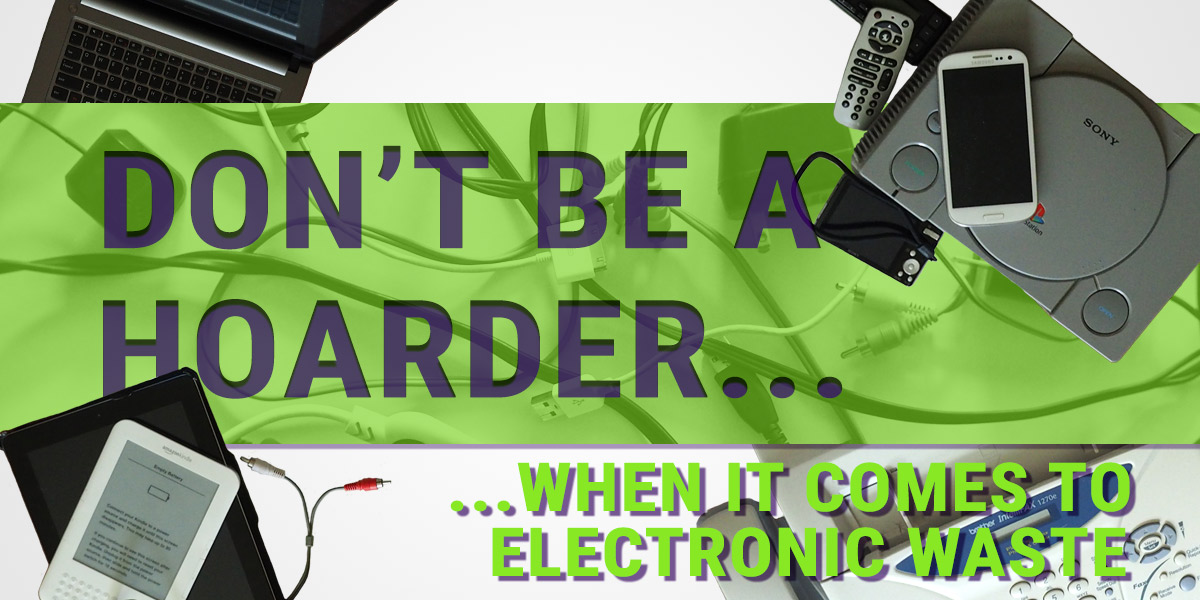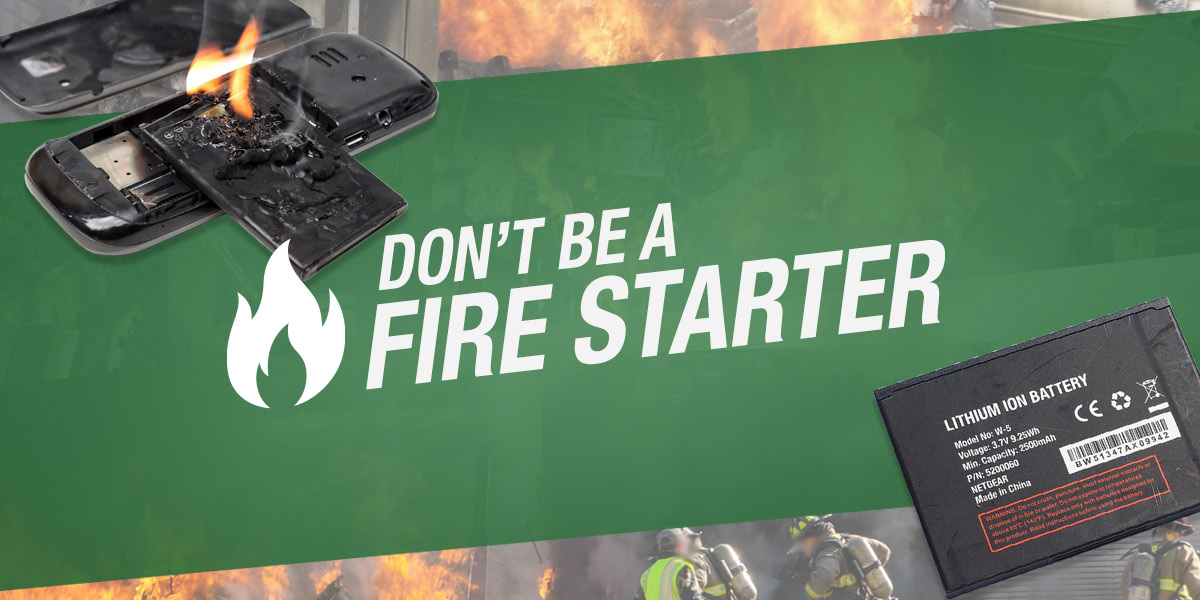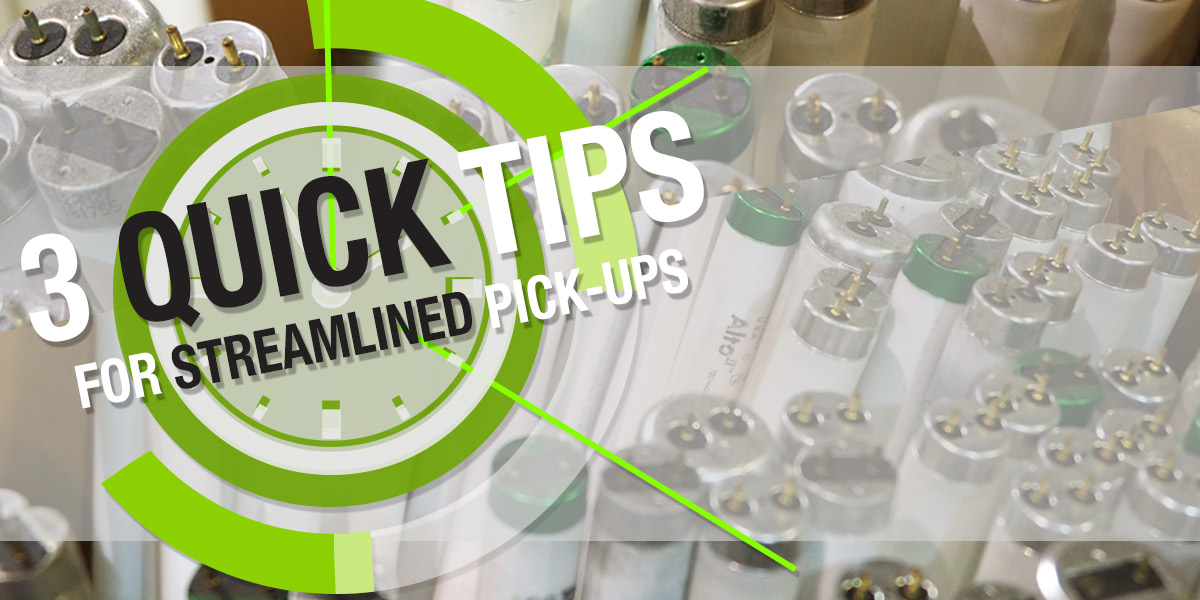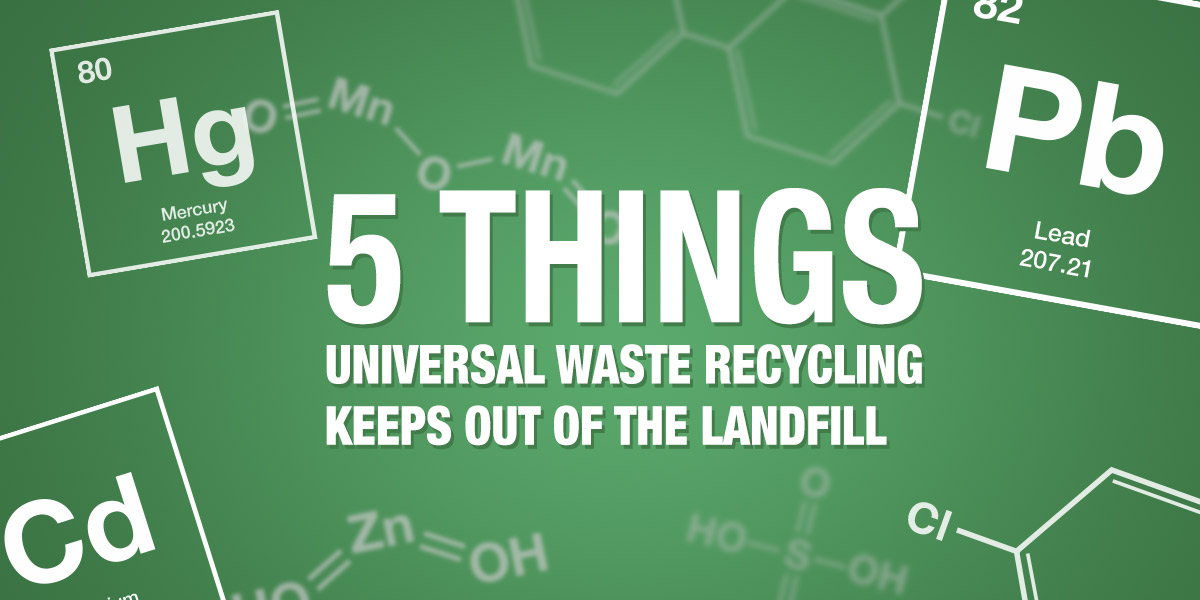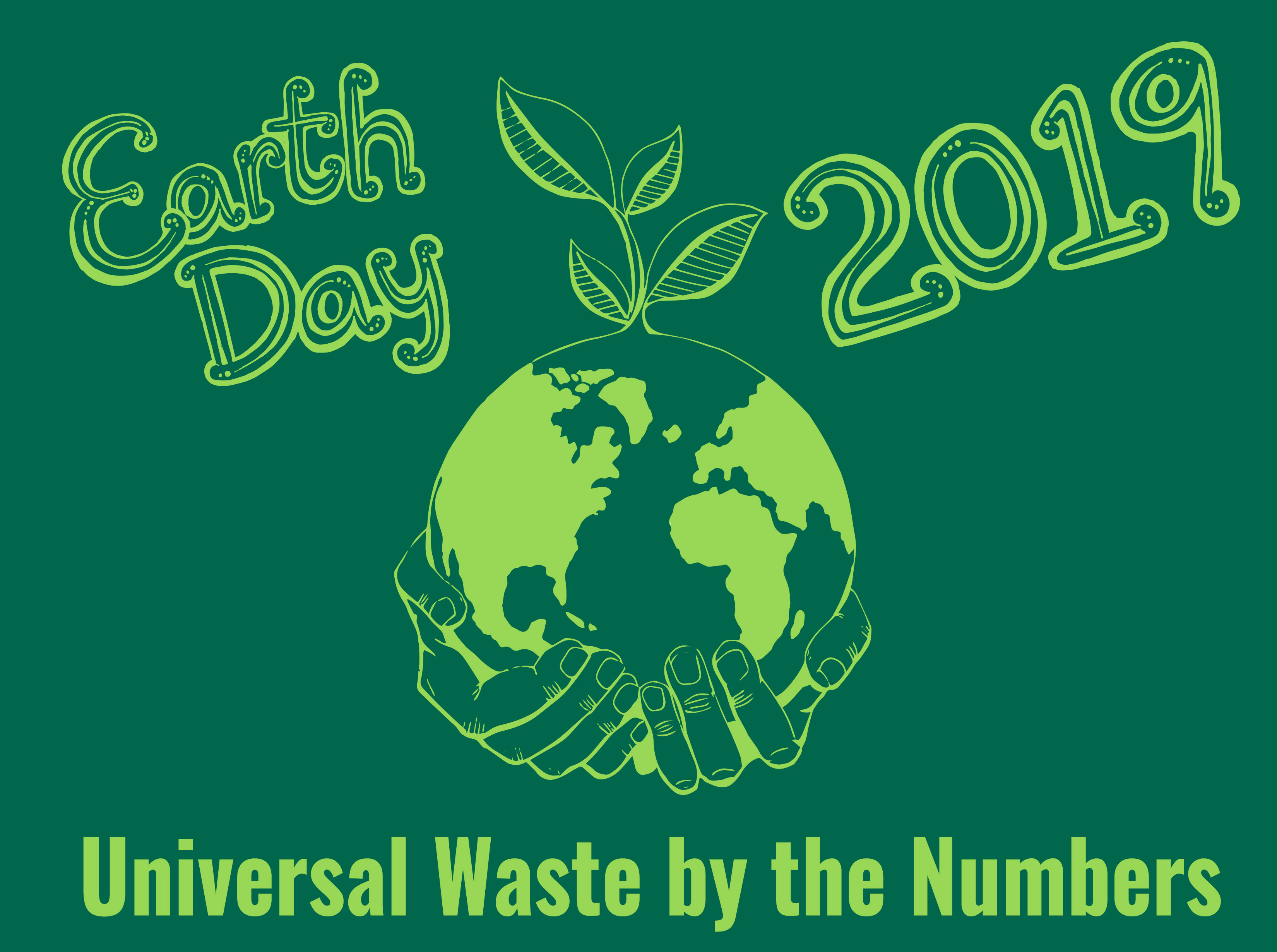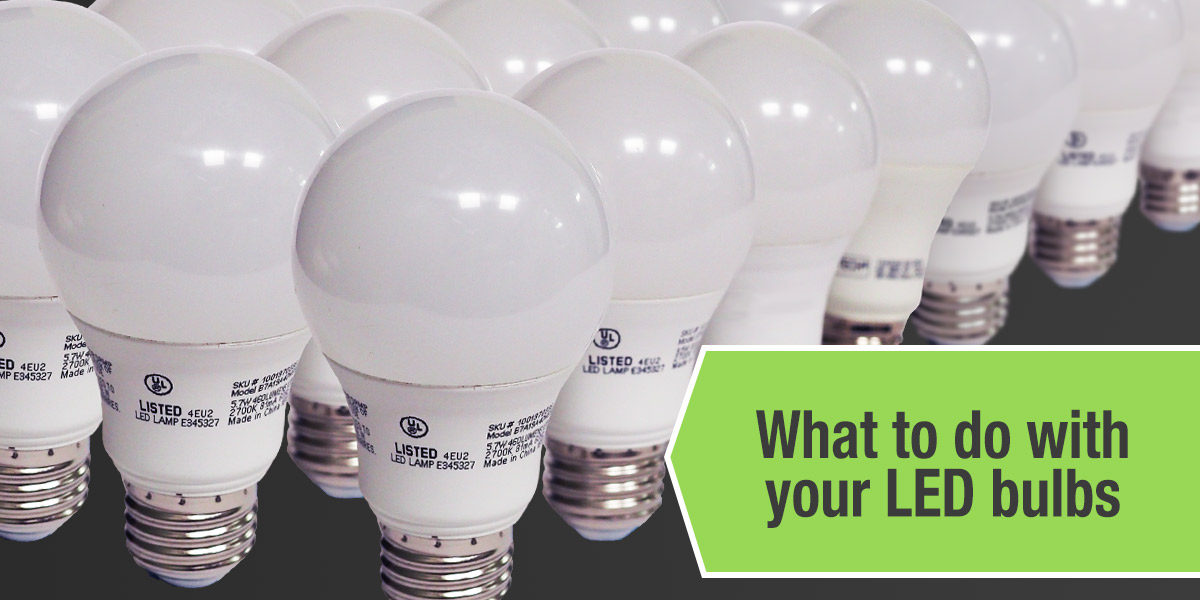Batteries by the Numbers
Despite batteries being a federally regulated universal waste, recycling of the different chemistries is far from universal. While federal regulations, additional state requirements, and producer involvement have contributed greatly to successes such as lead-acid battery recycling, there are other areas that still need improvement. Consumers are still unaware of certain recycling efforts for batteries and […]
read more »
